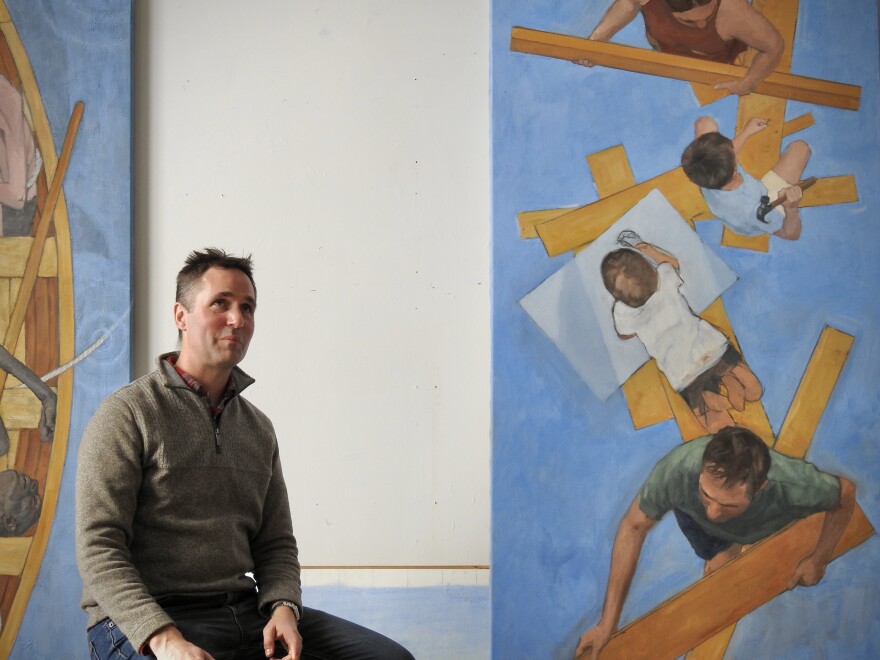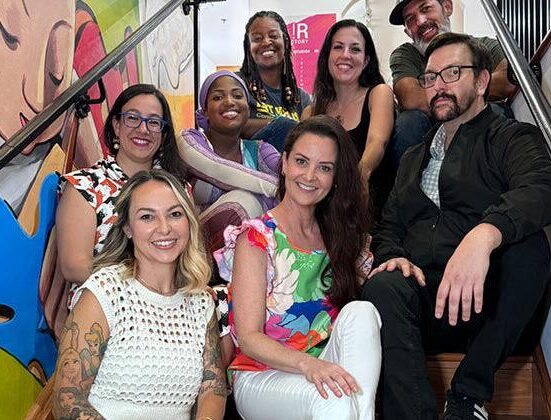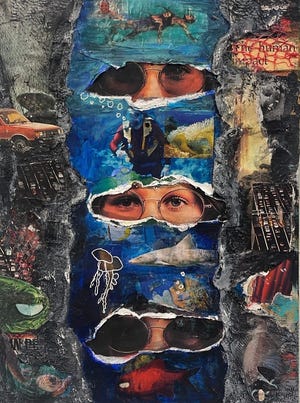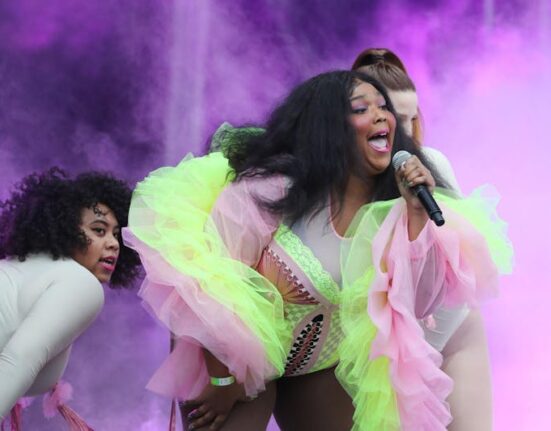
Some people think there’s only one way to be an artist. An artist’s passion consumes them; they disappear to write or paint or make music for weeks on end. Their whole world is their art.
In reality, artists look like everything. Based in New Haven, Conn., Eric March and Lynn Peterson juggle 10 side gigs between them to support their family while also painting and dancing, respectively.
The two met in their early 20s, when Eric designed a logo for the dance company Lynn was starting and continues to direct today. They’ve been making it work ever since then.

Other artists didn’t find their passion until much later in their lives. Butch Quick was 60 years old when he first picked up a camera. His day job is as a design consultant, which is how he got into photography.
“I started taking pictures of people and what they were wearing. The patterns and the textures would inspire me for color palettes for projects. It was really easy just to [say], ‘Hey, I love what you have on. Can I get a shot of you?’”

Lots of artists’ other hustles are creative. Some combine their jobs so they always work on their passion. Dyme Ellis runs the arts initiative Punq Noir in New Haven. Almost everything they do is in service of the arts in the community.

“I’m an artist. I write poetry, I make music, and I perform. I would like to do, like create live visual art while I’m performing, to mix that with my music, I’m learning to dance now…”
Heather Wright is based in Madison. Her jobs couldn’t be more different; she’s in corporate marketing for her nine-to-five job. On the weekends, she’s a witch.
“I felt like I was living this double life. I still kind of do – like, one side of me is in a cubicle in a corporate environment, and the other one would come home and have these magical plants to play with and explore. I just fell in love with them.”

Other artists love their balance because they love their very different jobs. Patrick Dunn is a drag performer. He also works at a legal aid association for veterans.
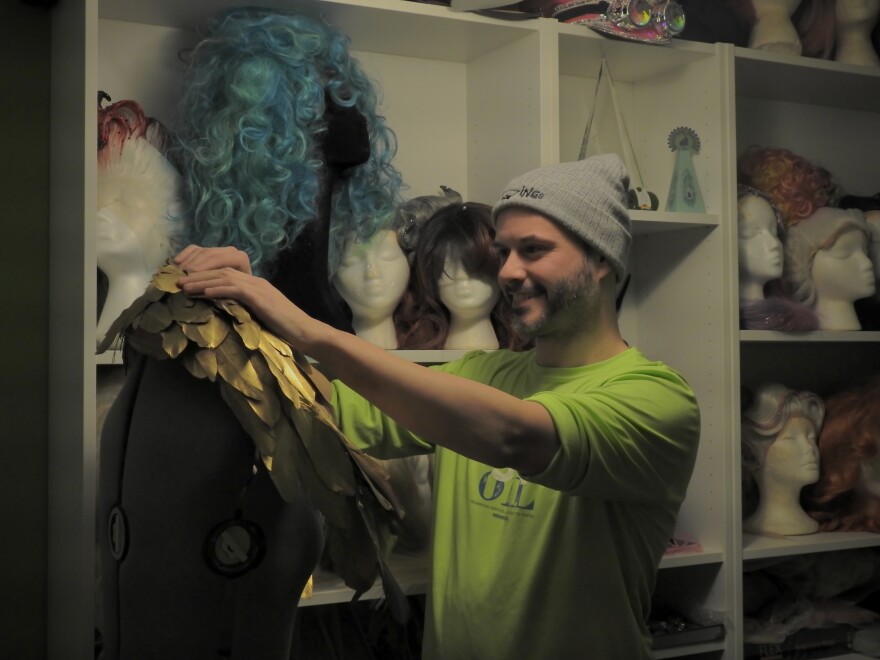
“I’ve always just wanted to make the world better. What I do with my little piece of the organization is help individual veterans connect with our services. And that would be something that would be very hard for me to give up if I were to go full-time.”
For most of these artists and creators, these other gigs aren’t just a side activity. They’re meaningful. Everyone has a reason for their hustle.
“The people that I see, they’re themselves. How they dress, however unique, outlandish or fabulous that might be, that’s them,” Quick said. “Everybody wants to be seen, to be recognized.”
“The only thing that survives history is culture,” Dunn said. “Nothing else – laws, people, none of that survives. To me, drag is fundamentally part of the culture of queer identity.”
“It becomes more real as you have more and more folks come through the door,” Wright said. “We ended up having quite a few women who were dealing with abuse and trying to get through very difficult situations.”
There are so many reasons people hustle to make it work. And making it work can look like anything. There’s more to this picture – and we want to hear from you. You, the scientist who doodles in your notes. You, the teacher who plays guitar for your students.
You, the artist.
If you have a side hustle you’d like to share, share it by emailing eda@wshu.org. Find the stories of the featured artists and creatives alongside others here.

